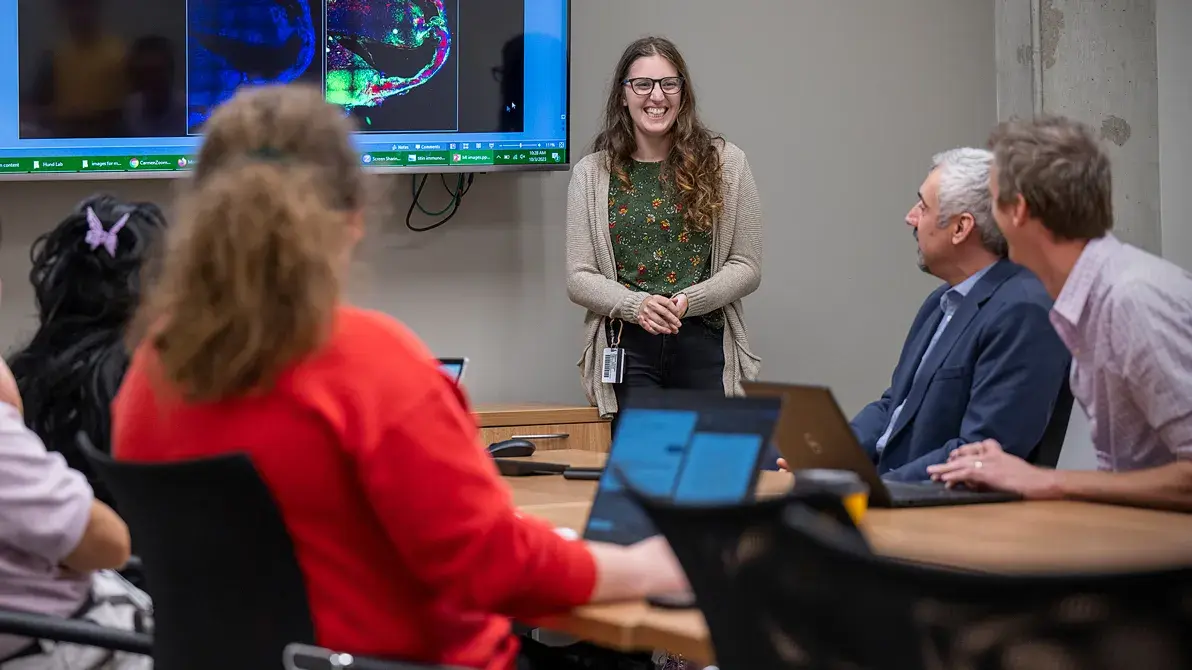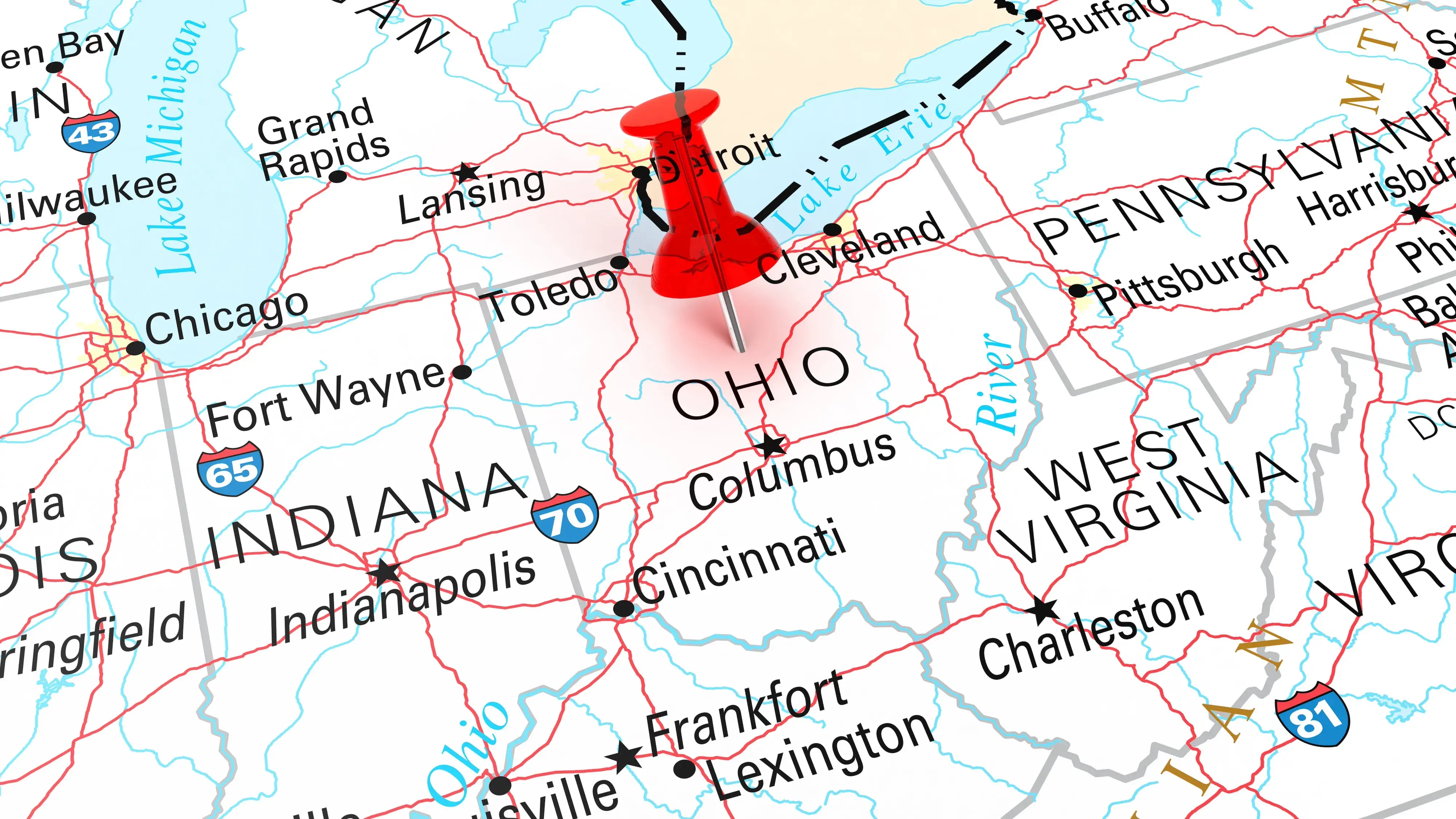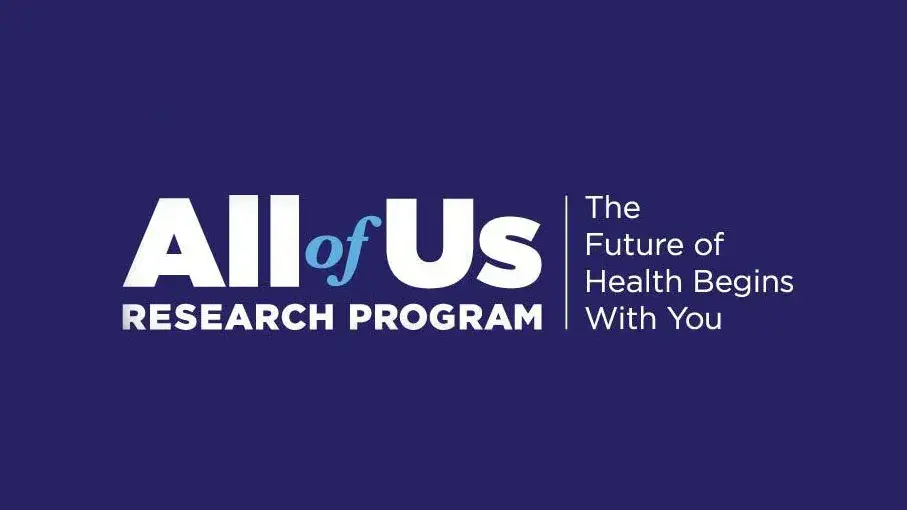The Ohio State University Center for Clinical and Translational Science Recruitment and Retention program was granted the Catalyze and Harmonize Operational Innovation for Recruitment (CHOIR) award for $31,500. This 5-year grant from the National Center for Advancing Translational Science (NCATS) and from Vanderbilt University will allow us to continue supporting the Trial Innovation Network operating as the Recruitment Innovation Center.
CHOIR will allow us to harness and harmonize expertise from many expert stakeholder groups (e.g. community engagement, informatics, recruitment and retention, evaluation, health equity and many more) to create real-world solutions in support of rigorous, reproducible research designed to improve human health.
Mary Becker, Recruitment and Retention Program Manager, states that she is excited to get started on the new aims of this project by making efforts to connect with the community and share the message of the importance of participating in research. Dr. Michael Para, The Ohio State University’s CCTS Director of Regulatory and Recruitment, says that “Mary and her team work relentlessly to ensure that research teams here and from Nationwide Children’s Hospital, have the tools and resources they need to be successful in their recruitment efforts and this award will give them additional resources to continue that important work.”
If you are interested in participating in a clinical trial at Ohio State, visit StudySearch. If you want researchers to reach out to you, create an account at ResearchMatch and be matched with trials that you may be a good fit for!
If you recently received funding and don’t know where to start recruiting, reach out to our Recruitment and Retention team at Mary.Becker@osumc.edu and Clara.Kalis@osumc.edu.
Julie Johnson, PharmD, is the Director and Principal Investigator at The Ohio State University Clinical and Translational Science Institute.
















